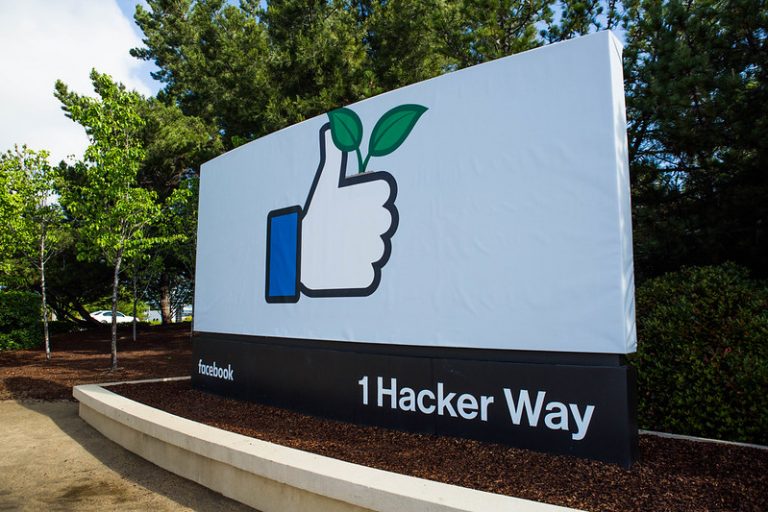 AI
AI
 AI
AI
 AI
AI
Facebook Inc. today shared details about an internally developed artificial intelligence system it has used to identify and block more than 900 million fake accounts over the past two years.
As the world’s largest social network, Facebook is a major target for online scammers. Bad actors open fake accounts on the platform to launch spam campaigns and conduct other malicious activities that are difficult to detect because of the sheer size of the company’s user base, which numbers more than 2.5 billion people.
The Deep Entity Classification system Facebook detailed today eases the task by automating the detection process. Known as DEC for short, it spots fake Facebook accounts by analyzing more than 20,000 individual data points that the social network calls “deep features.”
DEC not only looks at the activity of a given account but also that of the users, groups and pages with which it associates. The system analyzes details as varied as the number of administrators in the group to which a user belongs and the gender distribution of their friends. DEC connects the dots between the disparate data points to find patterns that may be indicative of malicious activity.
The fact that the system takes so many different details into consideration makes it harder to fool than traditional AI-based fraud detection tools, according to Facebook. Fraud detection tools usually look at only a limited number of factors, which makes it possible for cybercriminals to map out how they work and take steps to avoid detection. Because DEC analyzes more than 20,000 pieces of data, finding blind spots is far more challenging.
The system has helped Facebook noticeably reduce illicit activity on its platform. The social network claims that bringing DEC online led to the ratio of fake accounts on its platform dropping by 27%, from 5.3% of all monthly active users before to 3.8% now.
Fraud detection is just one of several areas where Facebook is applying its AI know-how. The company has an entire unit dedicated to machine learning, the Facebook AI Research group, that is working on a variety projects including an initiative to speed up MRI scans and an effort to equip neural networks with better investigation skills.
Facebook is also an active contributor to the open-source ecosystem. The company has open-sourced many internal software tools over recent years, including several AI-related technologies, and it’s possible it will release parts of DEC as well to help other firms fight fraud. LogDevice is one example of a software project that Facebook publicly detailed as a prelude to eventually releasing it under an open-source license.
THANK YOU